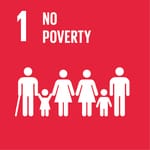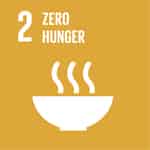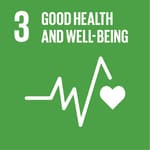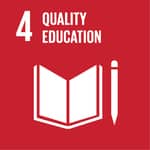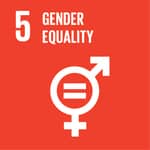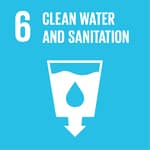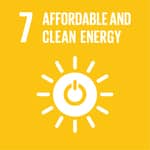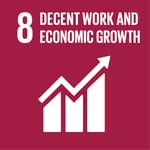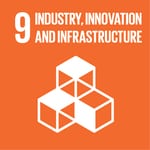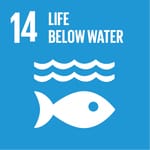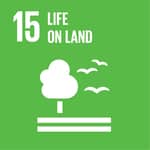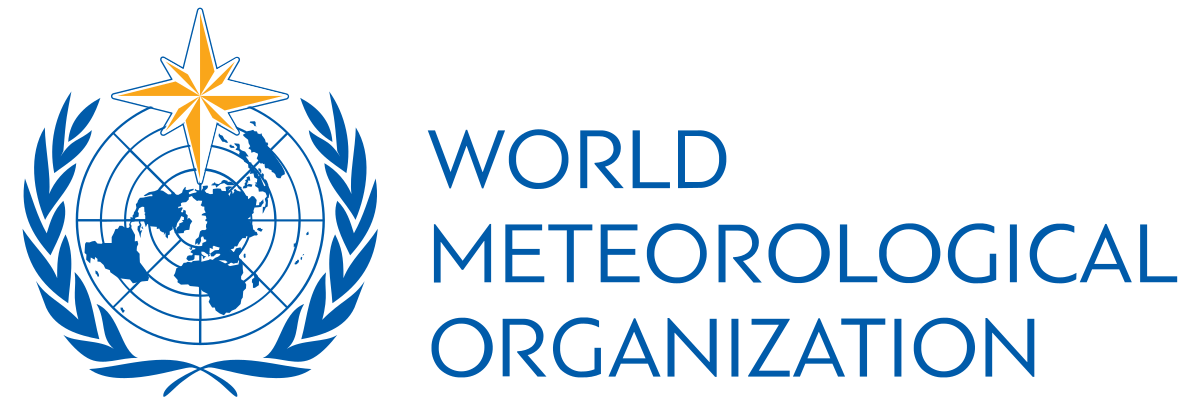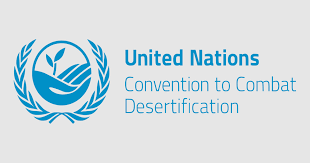It works to “advance sustainable development and create a just world that values and conserves nature” by “that bringing government and civil society organisations together with a global network of experts.” To this end, it holds the IUCN World Conservation Congress every four years when it approves a four-year operational programme. The Nature 2030 IUCN Programme was officially adopted at Marseille’s IUCN World Conservation Congress. It sets goals for the next ten years, representing a significant milestone. Its long-term perspective aligns with the United Nations 2030 Agenda for Sustainable Development and the post-2020 global biodiversity framework. Its five priorities are: People, Land, Water, Ocean and Climate. The IUCN is “the world’s oldest and largest global environmental organization,” and “the largest professional global conservation network,” with 1300+ member organizations (governments and NGOs), and almost 11,000 voluntary scientists and experts, grouped in six Commissions in some 160 countries.
Themes:
Regions:
Expert Commissions:
- Species Survival Commission (SSC) – A science-based network of more than 8,000 volunteer experts from almost every country. Features the IUCN Red List of Threatened Species.
- Commission on Ecosystem Management – Promotes biodiversity conservation and sustainable development. Features the IUCN Red List of Ecosystems.
- World Commission on Protected Areas (WCPA) – A network of 2,500 experts from 140 countries that mobilizes action in science, conservation, policy, and engagement to support well-managed and connected parks and other protected areas. it develops global protected area standards and best practice guidelines.
- Commission on Environmental, Economic and Social Policy (CEESP) – Generates and disseminates knowledge, mobilizes influence, and promotes actions to harmonize the conservation of nature with the critical social, cultural, environmental, and economic justice concerns of human societies. It develops a Natural Resource Governance Framework and the Human Dependency on Nature Framework.
- World Commission on Environmental Law (WCEL) – A network of 100+ environmental law and policy experts from all world regions volunteering their knowledge and services in 10 specialist groups.
- Commission on Education and Communication (CEC) – Works towards co-creating sustainable solutions through leading communication, learning and knowledge management in IUCN and the wider conservation community.
Publications:
- Annual reports
- IUCN Issues Briefs
- IUCN Publications
- Conservation Tools
- IUCN Library
- Press
- Crossroads Blog
- Newsletters
- HIGHLIGHTS:
- IUCN Red List of Threatened Species – It assesses species extinction risk.
- IUCN Red List of Ecosystems – It assesses the risk of ecosystem collapse.
Events:
- An online calendar and list of past and upcoming events
Note: IUCN was founded in 1948 as the International Union for the Protection of Nature and changed its name in 1956 to the International Union for Conservation of Nature and Natural Resources. It was also known as the World Conservation Union beginning in 1990 but is no longer commonly used since 2008.


